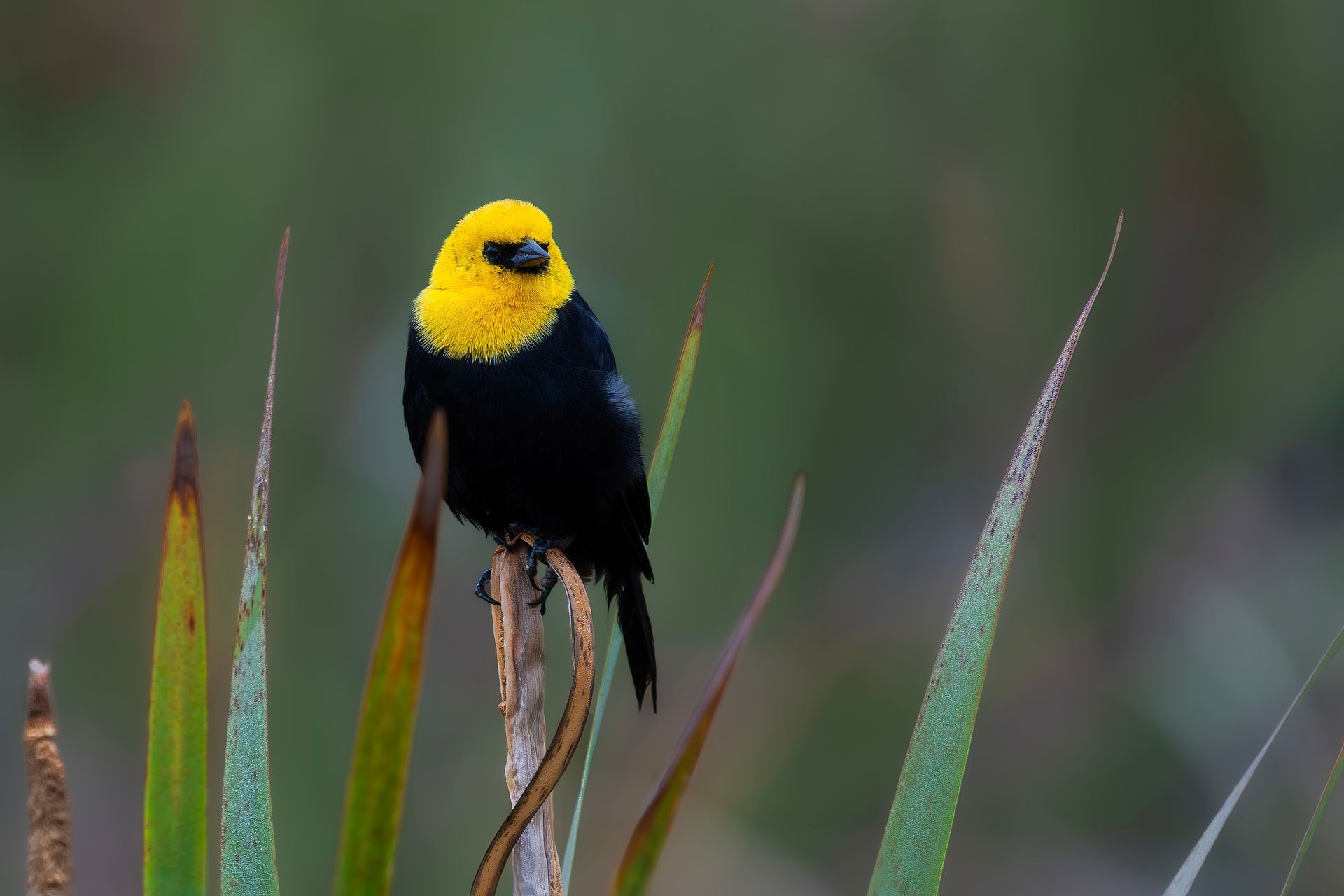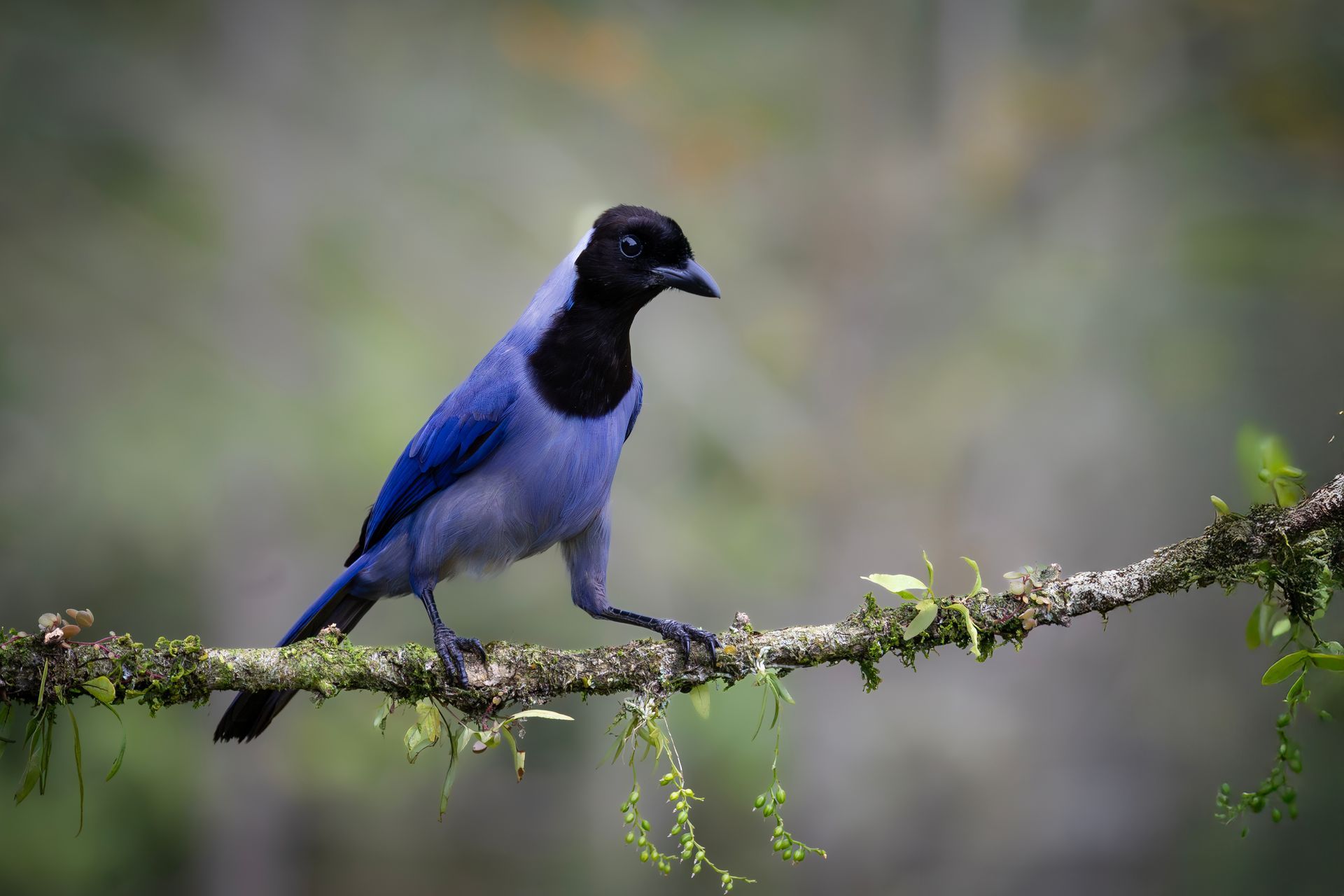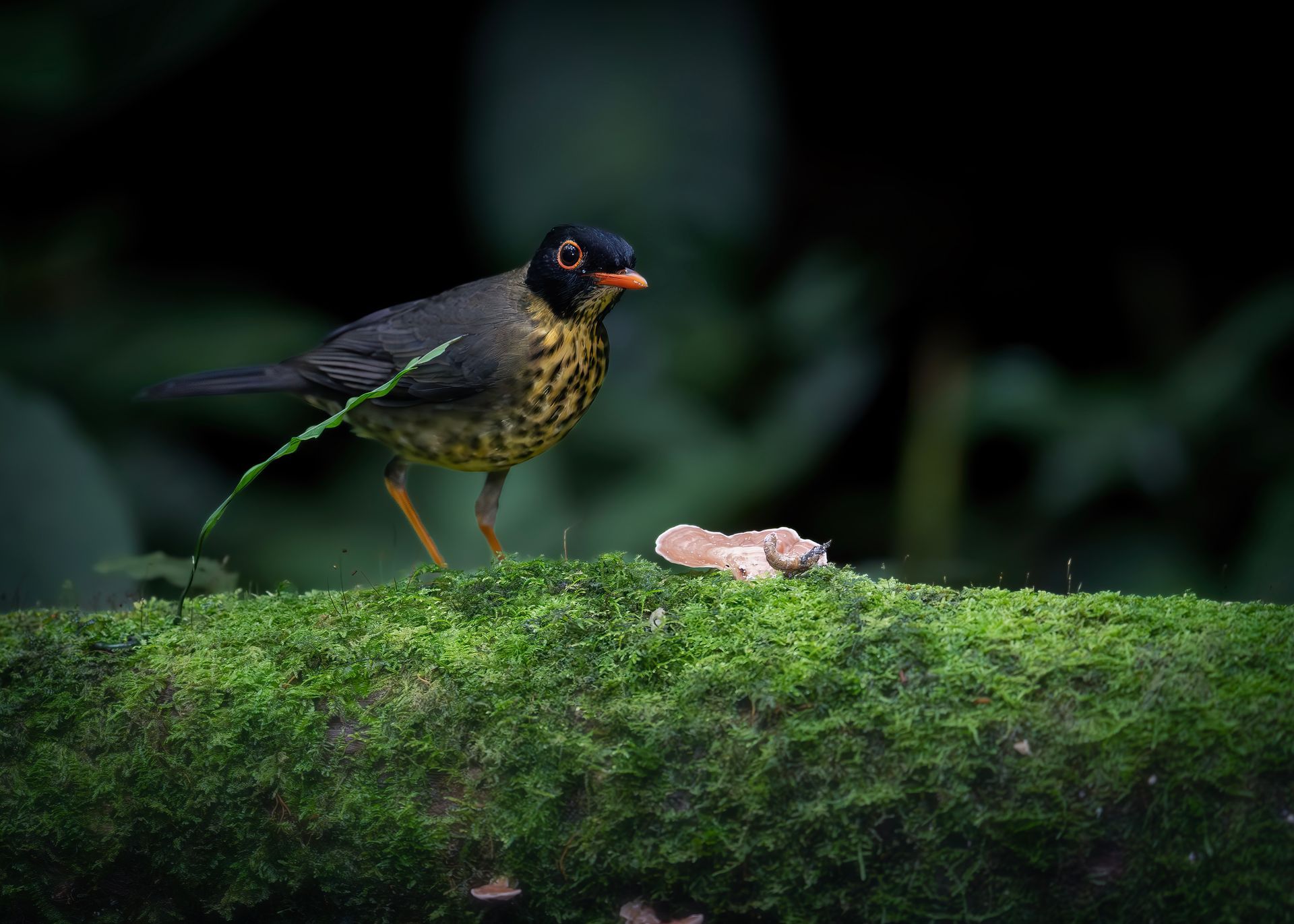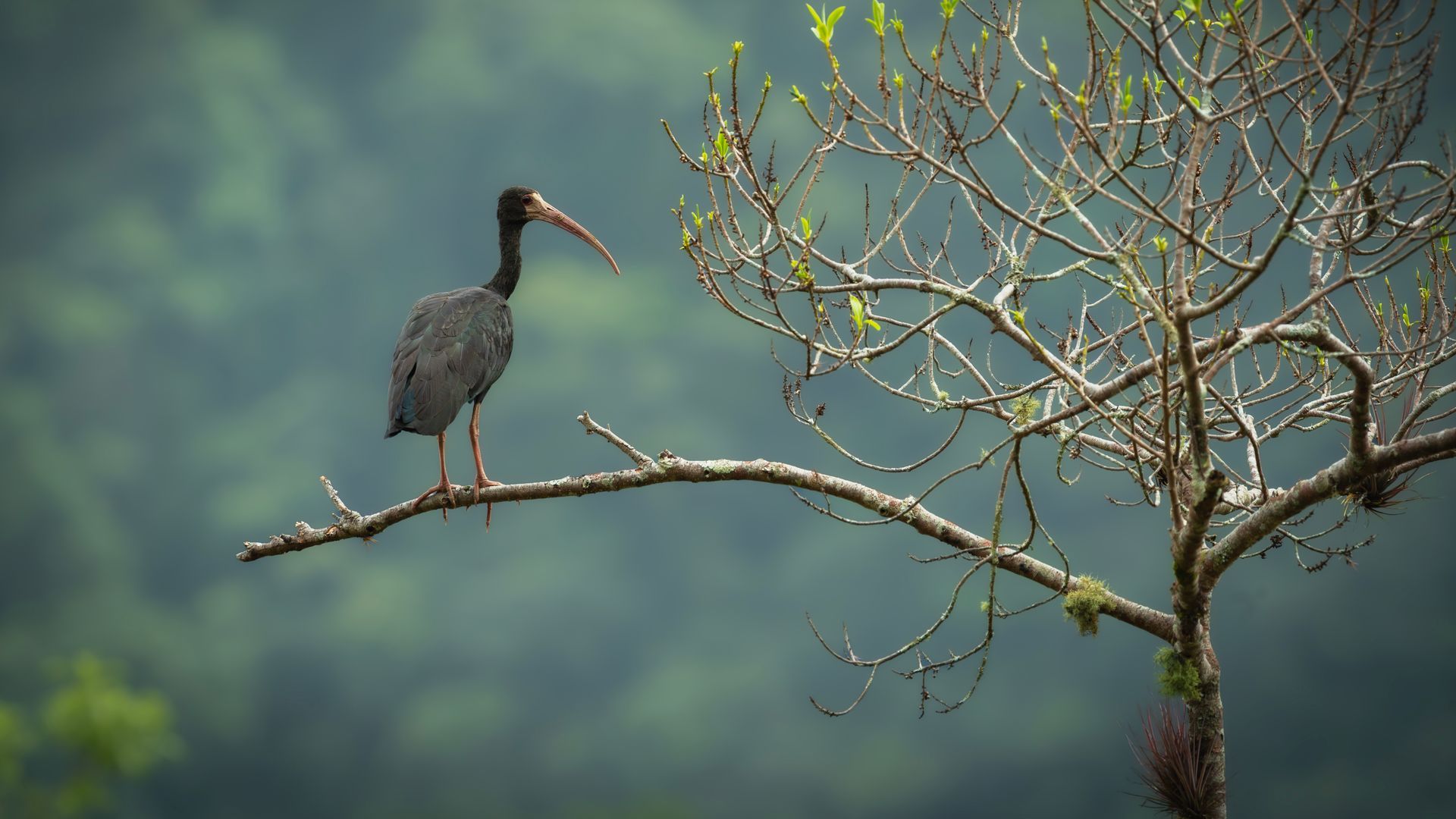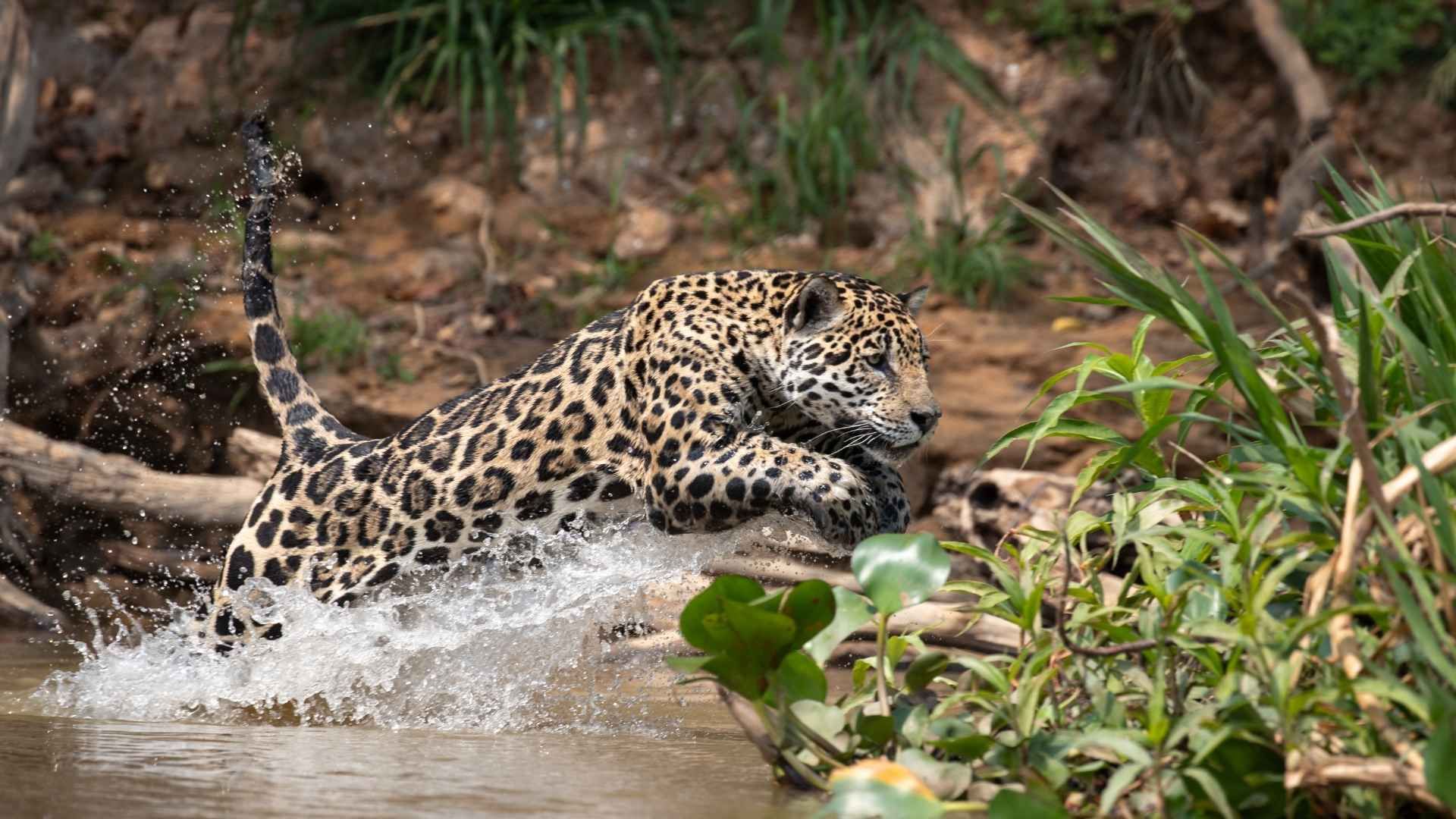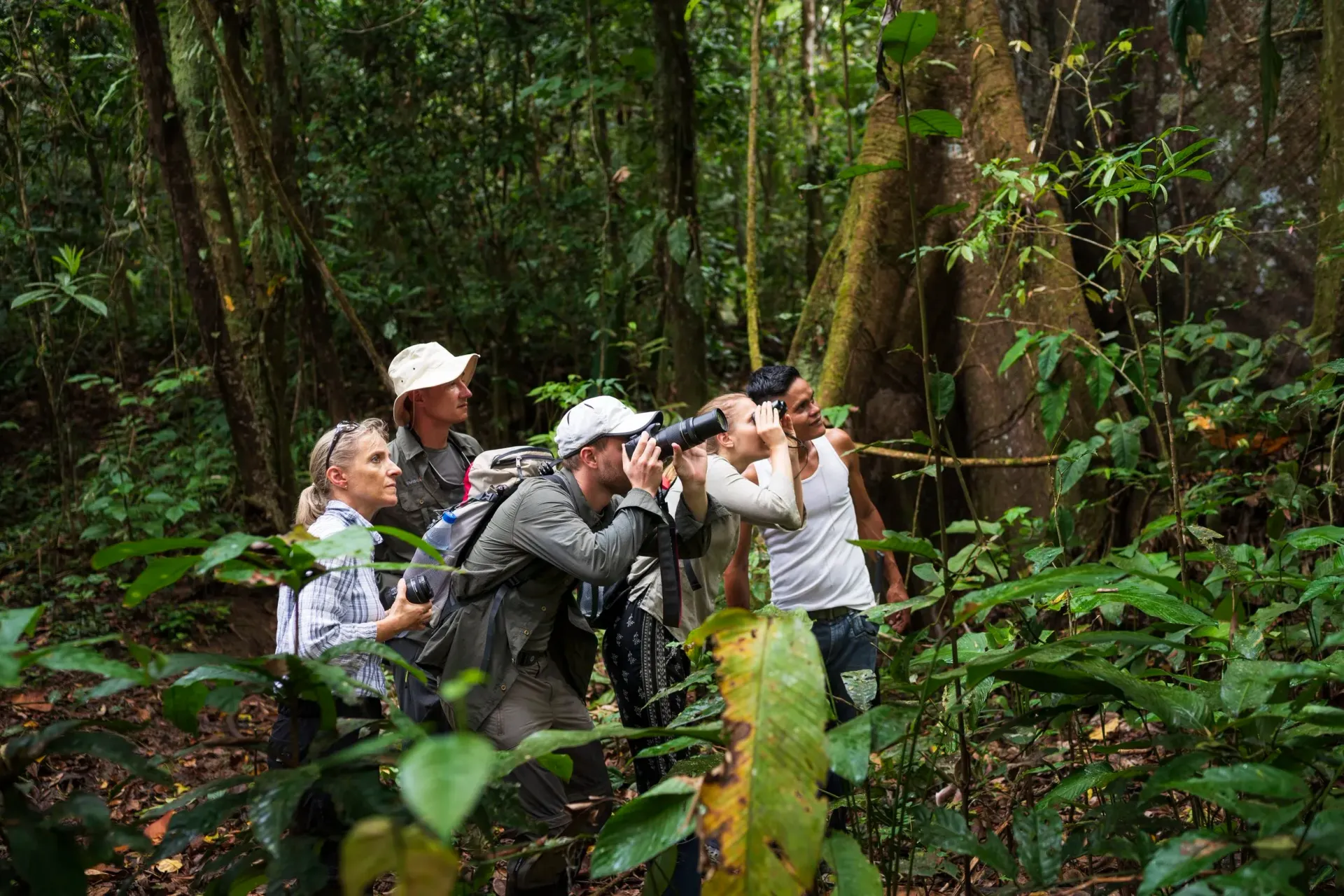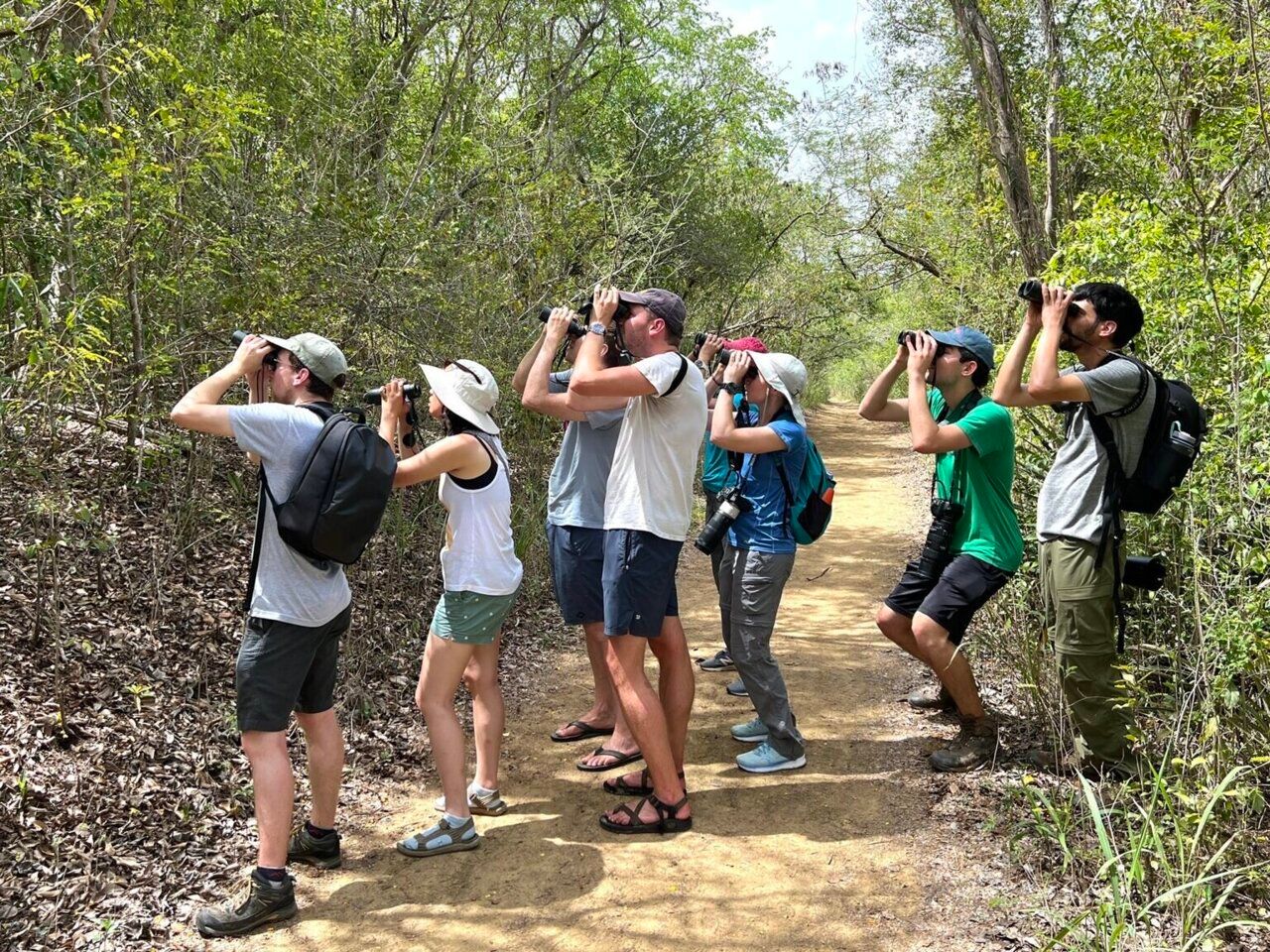Complete Guide to Bird Photography Hotspots in Colombia and the Surrounding Countries
Complete Guide to Bird Photography Hotspots in Colombia and the Surrounding Countries
Colombia, often described as the world’s most bird-rich country, is a paradise for photographers seeking to capture vibrant, rare, and endemic species. With over 1,900 bird species, Colombia surpasses every other country in the world for bird diversity. Its unique geography, from towering Andean peaks to lush Amazonian rainforests and tropical coastal regions, offers photographers a variety of ecosystems to explore.
Beyond Colombia, neighboring countries like Ecuador, Peru, Panama, and Brazil provide complementary hotspots that expand your photographic opportunities even further. Together, these countries form a network of landscapes, habitats, and behaviors that are unmatched globally. This guide explores the most remarkable bird photography hotspots, offering insights into where to go, what species to expect, and how to capture them beautifully.
Why Colombia is the Ultimate Bird Photography Destination
Colombia’s extraordinary bird diversity is tied directly to its geography. Three Andean mountain ranges, lowland plains, coastal mangroves, and vast rainforest regions create microhabitats supporting countless species. Bird photographers are drawn to Colombia not only for its diversity but also for the accessibility and specialization of local tours.
Key Advantages for Photographers in Colombia:
- Abundance of endemic species, often seen at dedicated feeders
- Cloud forests and highland paramos with dramatic light conditions
- Wetlands and riverine habitats for dynamic action shots
- Experienced local guides with knowledge of bird behavior and habitats
- Short travel distances between diverse ecosystems
The combination of natural richness and professional tour infrastructure makes Colombia ideal for both beginner and advanced bird photographers.
Top Bird Photography Hotspots in Colombia
1. Andean Cloud Forests
The cloud forests of the Andes are arguably Colombia’s most photographed habitats. Mist-shrouded mountains and lush green canopies create dramatic backdrops for vibrant species.
- Hummingbirds: Colombia hosts nearly 160 species. Photographers can capture hover shots at feeders or natural flowering plants.
- Tanagers and Toucans: Bright plumage contrasts beautifully with mossy trees.
- Antpittas: Elusive forest birds are now accessible at feeding stations, offering intimate portraits.
Notable Locations: Minca, Valle del Cauca, and the central Andes near Medellín and Bogotá.
2. Sierra Nevada de Santa Marta
The isolated coastal mountains of Santa Marta rise dramatically from the Caribbean Sea, offering unique endemic species.
- Endemics: Santa Marta Parakeet, White-tailed Starfrontlet, Santa Marta Brushfinch
- Photography Advantages: Soft morning light, panoramic mountain views, and clear, unobstructed perches.
This hotspot is perfect for photographers seeking rare species against breathtaking landscapes.
3. Amazon Basin and Eastern Lowlands
Colombia’s Amazon region offers unparalleled diversity for wildlife photographers.
- Species Highlights: Macaws, parrots, Hoatzins, Kingfishers, Ibis, and herons
- Techniques: Boat-based photography enables unobstructed riverbank shots.
- Seasonal Opportunities: Dry seasons provide clearer waters and easier access to feeding areas.
4. The Llanos (Eastern Plains)
Vast open plains create excellent conditions for photographing birds in flight, hunting raptors, and wading waterbirds.
- Common Birds: Southern Lapwing, Scarlet Ibis, Great Egret, Hawks, and Falcons
- Photography Tip: Use long telephoto lenses to capture detailed action against uncluttered skies.
Complementary Bird Photography Hotspots in Neighboring Countries
Ecuador
Ecuador is compact but extremely diverse, allowing photographers to explore multiple ecosystems in short distances.
- Chocó Cloud Forest: Hummingbirds, toucans, and tanagers at feeders for sharp, colorful portraits.
- Eastern Amazon Transition: Mixed-species flocks, antbirds, parakeets, and canopy birds accessible from elevated platforms.
- High Andes and Paramo: Andean Condor, Tawny Antpitta, and highland species photographed in dramatic mountainous backdrops.
Peru
Peru’s Amazonian and Andean landscapes provide iconic birding experiences:
- Manu National Park: Cock-of-the-Rock leks, antpittas, riverine species, and trogons
- Tambopata Clay Licks: Hundreds of macaws and parrots gathering daily for clay consumption — a high-action spectacle
- Northern Peru: Marvelous Spatuletail and other rare hummingbirds
Panama
Panama acts as a bridge for North and South American species, making it ideal for urban and jungle bird photography:
- Canopy Towers and Urban Reserves: Eye-level shots of toucans, tanagers, and parrots
- Chiriquí Highlands: Misty forests, quetzals, and canopy species with soft light for dramatic compositions
Brazil
Brazil offers large-scale bird photography environments:
- Pantanal Wetlands: Open landscapes, reflective water surfaces, Hyacinth Macaws, Jabiru Storks, Roseate Spoonbills
- Atlantic Forest: Dense forest with endemics, colorful tanagers, and controlled lodge feeders
- Amazon Rainforest: Dense foliage and river photography opportunities for elusive species
Techniques for Successful Bird Photography in South America
Capturing high-quality images in these hotspots requires both preparation and fieldcraft:
- Gear: Telephoto lenses (400–600mm), monopods/tripods, macro lenses for small birds, weather protection
- Camera Settings: High shutter speed for fast birds, wide apertures for depth of field, ISO adjustment for low-light forest environments
- Observation: Patience is key; watch for feeding patterns, courtship behaviors, and flight paths
- Lighting: Early morning and late afternoon offer soft light, while misty cloud forests create atmospheric effects
- Composition: Incorporate natural elements (branches, water, sky) to contextualize the birds
Minimal bullet points are used here for clarity; most guidance is integrated into the narrative for a professional, story-driven flow.
The Importance of Ethical and Responsible Bird Photography
South America’s ecosystems are delicate, and ethical practices are essential. Photographers should:
- Respect birds’ space and avoid disturbing nests
- Use hides, blinds, and feeders without manipulating natural behaviors
- Support eco-lodges and local guides
- Contribute to conservation efforts through photography and awareness
By following these principles, photographers ensure that birding remains sustainable and that unique habitats continue to thrive.
Final Thoughts: Exploring South America’s Bird Photography Network
Colombia and its neighboring countries form the ultimate network for bird photographers. From Andean cloud forests to Amazonian rivers, from coastal wetlands to highland paramos, each location offers unique species, habitats, and photographic challenges.
Whether seeking rare endemics, vibrant tropical species, or dramatic behavioral moments, photographers have an almost limitless canvas. With expert local guides, ethical practices, and careful preparation, South America offers an unforgettable, lifelong journey for any bird photographer — a continent where every shutter click tells a story.




